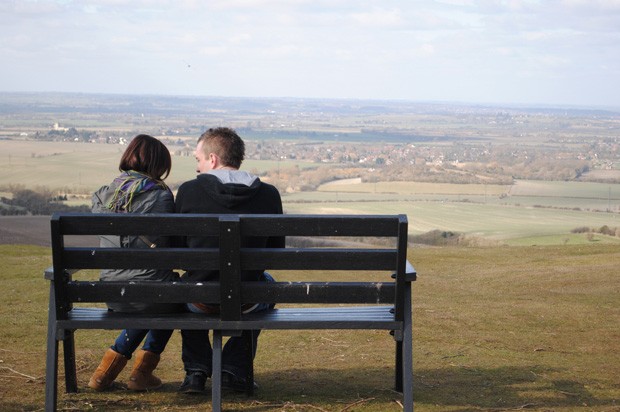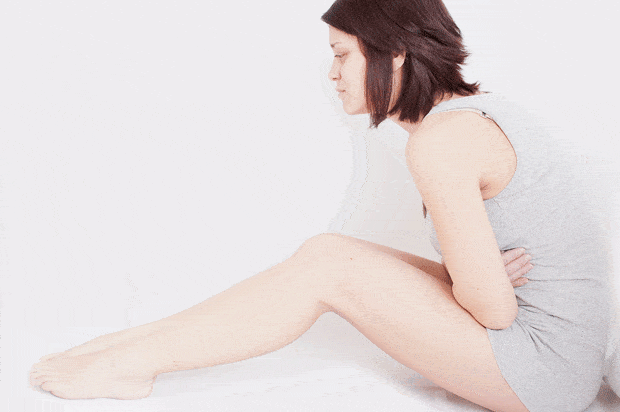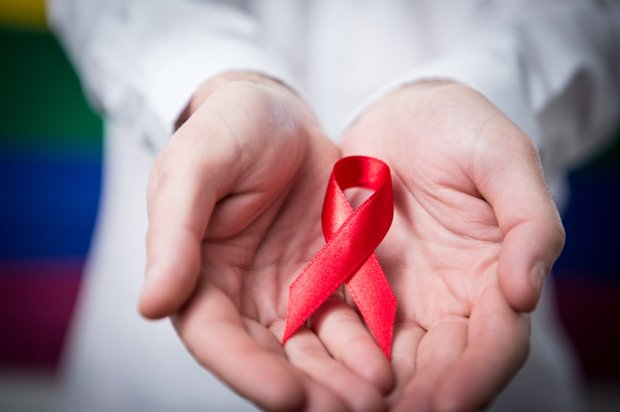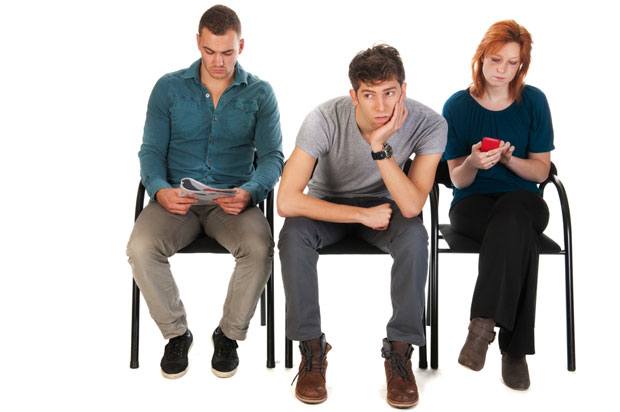Gonorrhoea
The World Health Organisation is warning that gonorrhoea is becoming resistant to antibiotics. Here's all you need to know about this nasty infection.
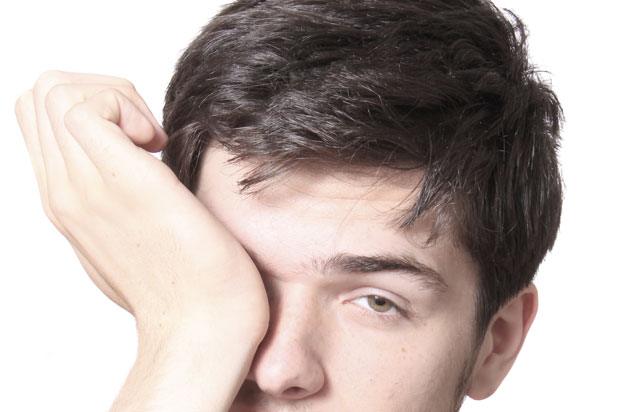
If you rub your eyes with gonorrhoea it can give you an eye infection too.
What is Gonorrhoea?
Gonorrhoea – aka the clap – is a highly contagious STI caused by the bacteria Neisseria gonorrhea. It’s passed on through vaginal, anal and oral sex, as well as foreplay and sharing sex toys with an infected person.
How do I know I’ve got gonorrhoea?
The scary fact is that over half of women infected and a third of men may not have any symptoms at all. But if you do have symptoms, they’ll start between two to 10 days after having sex with an infected person.
What are the symptoms of gonorrhea?
Like chlamydia, it can be symptomless or so mild that in women it can be mistaken for a bladder or vaginal infection. However, if you do develop symptoms, they’ll include a smelly yellow/green discharge from the vagina and penis, burning sensation when you pee, pain in your stomach, a sore throat, sore testicles, and conjunctivitis if you’ve rubbed you eyes after being in contact with the infection.
Can I get tested for gonorrhoea if I don’t have any symptoms?
You can get tested for gonorrhoea even if you don’t have symptoms. Sometimes it’s possible to get your results straight away, but most clinics have a two-week turnaround.
How is gonorrhoea treated?
As the symptoms of gonorrhoea resemble other STIs (chlamydia or NSU/NGU), as well as urinary tract infections (UTIs) and other types of bacterial infections, you’ll need to see your doctor (GP), or go to your nearest GUM clinic. They’ll take a urine sample and a swab and send it off to the lab for testing.
As over 50% of people with gonorrhea also have chlamydia, you’ll probably be tested for that too.
Luckily, treatment is simple. If caught early, gonorrhoea can be treated with a single-dose injection of an antibiotic.
If you also have chlamydia you’ll be given a combination of antibiotics to treat both STIs.
I’ve heard it’s resistant to antibiotics?
There is a strain of the infection that’s become resistant to antibiotics, and in September 2015 it was reported to be ‘sweeping’ across the North of England. With this in mind, it’s important to be really vigilant about safe sex. Clever docs across the globe are doing their best to research this new strain but, in the meantime, stock up on condoms. *salutes*
How can I avoid getting gonorrhoea?
Using a condom or dental dam every time you have any kind of sex — oral, vaginal, anal and using sex toys — can protect you. But they won’t protect you during foreplay. As it can spread to your eyes and throat as well as your bits it’s really important to wash hands after any sexual contact. We know that’s gotta be the most unsexy thing you can do after sex, but not as much as ‘fessing up to gonorrhea would be later on.
The best way to protect yourself from gonorrhoea (in fact any type of STI) is to limit the number of sexual partners you have and try to ask them about their sexual history – the more partners they’ve had, the higher the risk of infection.
What if I ignore it?
Ignoring gonorrhoea can lead to a whole host of serious health problems, including pelvic inflammatory disease (PID), infertility in both men and women, and ectopic pregnancy.
Contracting gonorrhoea during pregnancy can also cause problems for the newborn baby, including meningitis and an eye infection that can result in blindness if not treated.
How soon can I have sex again?
You shouldn’t have sex until you’ve finished your treatment and have been given the all clear by your doctor. But treatment is fast (normally seven days), so you won’t have to abstain for too long.
I thought I got rid of it, but it’s come back!
Unfortunately, there’s no immunity against gonorrhea. So you can get it again and again if you don’t protect yourself.
Photo of boy rubbing eye by Shutterstock
Next Steps
- Are you Getting Some? Get Tested! Search for a sexual health clinic near you
- Brook provides free sexual health and wellbeing services for young people in the UK. Brook's services include local clinics and online digital sex and relationships tool.
- Chat about this subject on our Discussion Boards.
- Need help but confused where to go locally? Download our StepFinder iPhone app to find local support services quickly.
By Nicola Scott
Updated on 29-Sep-2015
No featured article


